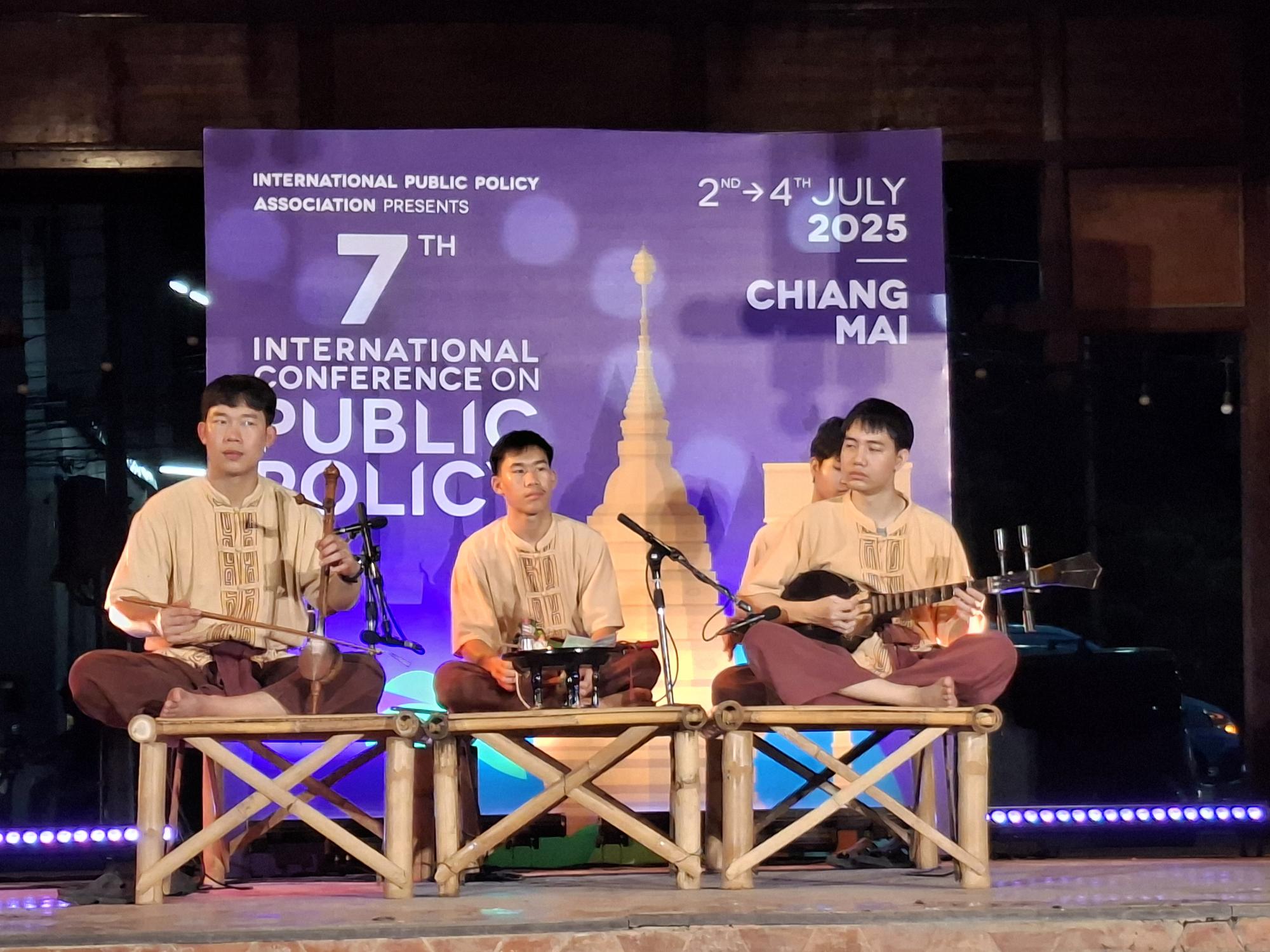9 september 2025
September marks a fresh start, and there’s plenty to build on. This summer, with support from the Interreg Europe programme, insights from the project; UNLOCK (Unlocking Green Hydrogen Economy for SMEs in European Regions) were presented at a major international event: the 7th International Conference on Public Policy (ICPP7), held in Chiang Mai, Thailand.
Organised by the International Public Policy Association (IPPA), the ICPP is the world’s largest gathering of public policy scholars. IPPA, founded in 2014, promotes scientific research and international collaboration in public policy. It was established through cooperation among leading associations such as:
This year’s conference was hosted by the Chiang Mai University School of Public Policy, Thailand’s first public policy school. Known for its innovative and interdisciplinary approach, the school delivered an impeccably organised event, including a welcome reception at the Old Chiang Mai Cultural Center and a gala dinner at Khum Khantoke.
The conference welcomed 1,050 participants (855 onsite and 195 virtual) from 70 countries, who engaged in four days of dynamic discussions across 160 panels, with 1,476 papers presented. Topics ranged from decision-making and policy interventions to policy learning and governance. The event also featured three plenary sessions with eminent scholars and awards such as the IPPA Career Award and IPPA Best Book Award.
UNLOCK was featured in a panel on Environmental Policy, focusing on:
“Regional cooperation for the energy transition: steps towards renewable-based regional energy planning.”
Dr. Beata Kviatek, Jean Monnet Chair in Sustainable EU Economy and Project Leader of UNLOCK, opened the panel with a presentation titled:
“Building Regional Capacities for a Green Hydrogen Economy: Insights from the UNLOCK Project and Frameworks for Renewable-Based Energy Planning.”
Dr. Kviatek shared initial findings from the UNLOCK project, which aims to empower European regions to integrate green hydrogen into their energy systems. She emphasised the importance of regional capacity building as a key enabler for advancing the green hydrogen economy and supporting renewable-based regional energy planning.
Participation in ICPP7 provided a valuable opportunity to share European experiences in regional cooperation for energy transition and SME competitiveness with a global audience. It also enabled learning from other regions, including the United States, Western and Southern Africa, and South Asia, where similar efforts are underway.
This marks the second time that Hanze University of Applied Sciences has been represented at an IPPA conference. The first occasion was in 2019 during the 4th International Conference on Public Policy (ICPP4), and now again in 2025. On both occasions, Hanze was proudly represented by Dr. Beata Kviatek, whose continued involvement highlights the university’s growing engagement in international public policy research and dialogue.
